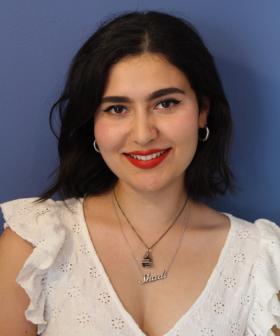Shadi Seifouri , ss2824@cam.ac.uk
United Kingdom
Music, Christ's College
PhD thesis title: Operatic Unlikelihoods: Material catalysts of the long nineteenth century.
Research interests:
1. Nineteenth-Century Opera and Culture; particularly the works of Bellini, Donizetti, Verdi, and Wagner
2. Twentieth-Century Opera; particularly the works of Puccini, Strauss, and Shostakovich
3. Theories of Divadom; Cult Figures (Callas & Corelli); Behaviours of operatic obsession;
Recorded Legacies and their Nuances
4. Stage Materiality and Nostalgia: Props, Costumes, Staging, Wigs, and Makeup; Museum Curation of Operatic
Materiality
My PhD interrogates the operatic fine-print of objecthood in the long nineteenth century. I shall examine how the physicality of the stage prop and the costume exceed their status as more than extraneous devices, but as crucial and definitive emblems of the internal operatic space and the external realities they operate in. The specificity of material objects marked in libretti typify the potential of materiality in opera’s narratives. I will examine how the most “unlikely” interior facets of opera work to precipitate and perpetuate tension in operas of the long nineteenth-century. I will argue that it is through a host of material concealments (the indispensable “things” of the artform) which shroud the anxieties of opera’s fated networks. By pondering how the dramatic and musical climax of a plot is contingent on the role of overglosed - but crucially, visible - material objects, this project seeks to pursue questions of gendered, classed, and technological developments.
Who or what inspired you to pursue your research interests?
My research interest arose through my fascination with the cult figures of opera. I found myself listening to the incomparable voices of 20th-century singers and consuming the visual iconography intrinsic to their crafted personas. I am grateful to have a mentor who encouraged me to review as many operas as I could, and through the process of editing my work, I began noticing that material things matter, particularly on stage. I want my thesis to advocate for opera as an approachable medium: often perceived as daunting for its foreign text, it can certainly be considered through its unsung everyday objects.

